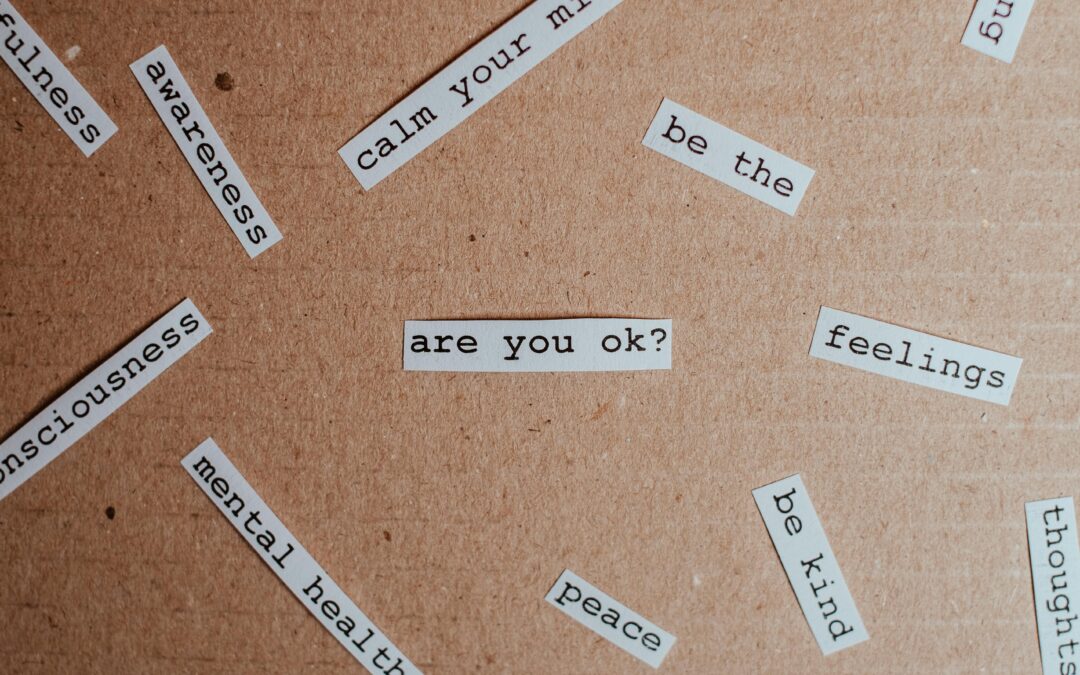Author: Jillian LaFrance, PhD
I have Bipolar II disorder. On paper, I look like someone who has it all together: multiple degrees, a full-time career, a part-time teaching position, and a daughter I’m raising on my own. Most days, I keep up with everything. I meet deadlines, appear buoyant, cook dinner, help my daughter with any needs, exercise, and still find time to clean up the kitchen before bed. People often tell me I’m “so strong” or “so accomplished.” I nodded and thanked them. What they don’t see is what’s behind the curtain.
The truth is, I’ve been in the ER because I couldn’t keep myself safe. I’ve had suicidal thoughts that felt louder than reason and I’ve attempted to end my life. None of that changes the fact that I’m “high functioning”. But being high functioning doesn’t mean I’m not struggling. It just means I’ve become skilled at hiding it.
There’s a certain invisibility that comes with a high functioning mental illness. I’ve had family, friends, and colleagues who look surprised when I’ve mentioned I have Bipolar II. “You don’t seem like it,” they say, like there’s a certain way I should act. It’s hard to explain that mood instability doesn’t always look like chaos or emotional outbursts. Sometimes it looks like me grading papers at 2 a.m. because I’m hypomanic and can’t sleep. Other times it’s missing a text or forgetting to reply to an email because I’m so deep in depression that the smallest task feels impossible.
I understand my mental illness well. That understanding is what allows me to keep going. I take my medication consistently. I’ve learned how to identify my triggers: lack of sleep, unstructured time, and emotional stress. I engage in coping skills. I practice mindfulness and I exercise. But even with all that, I still have episodes. I still hit walls.
When depression hits, it doesn’t matter whether I have a PhD or I’m a good mom. It doesn’t matter that I can still show up to meetings or answer questions with a smile. The darkness comes anyway. Sometimes it’s slow and quiet, creeping in over days. Other times it drops suddenly, like a switch flips and I’m just gone inside.
During those times, I would isolate. I would cancel social plans. I stop returning calls. I go through the motions but feel empty. It’s not drama. It’s not a cry for attention. It’s a real, clinical shift in brain chemistry. But from the outside, it might look like I’m just tired or busy. I’ve learned how to keep the mask on, how to smile, nod, and give the right responses.
That’s the thing about high functioning people with mental illness. We become experts in presentation. We present as “normal” because it protects us. It protects our jobs, our reputations, and our relationships. But it also makes it harder to ask for help. People assume you’re fine. You’ve always been fine. They see your accomplishments and think you must be okay.
But we’re not always okay and sometimes the pressure to appear okay is part of what makes it worse. I’ve felt ashamed for not “having it together” even when I was spiraling. I’ve downplayed the severity of what I was feeling because I didn’t want to disrupt anyone’s expectations of me. There were times I was scared to say how bad it was because I thought no one would believe me.
I remember once, during a particularly severe depressive episode, I found myself in the ER after reaching a breaking point. I was exhausted, mentally, emotionally, and physically. I’d tried so hard to push through, to “handle it,” and I couldn’t anymore. Lying in that hospital bed, I felt a strange combination of humiliation and relief. I didn’t want to be there, but I also didn’t want to die. I just didn’t want to feel the way I was feeling.
That experience, painful as it was, reminded me that functioning doesn’t equal healing. It reminded me that just because I can keep going doesn’t mean I should do it alone. Since then, I’ve been more intentional about being honest with people I trust. I still don’t broadcast everything. I think boundaries are important. But I no longer pretend that managing Bipolar II is easy just because I’m good at appearing capable.
If you’re reading this and you relate, I want you to know you’re not alone. You’re not weak for struggling. You’re not dramatic for needing help. Your accomplishments don’t cancel out your struggles. You can be a great parent, a great professional, and still have moments where your illness knocks the wind out of you.
If you know someone who seems to have it all together, don’t assume they’re not fighting battles you can’t see. Ask how they’re doing and really mean it. Check in. Offer space for honesty, even if it makes you uncomfortable. Some of the people who look the strongest are the ones carrying the heaviest burdens in silence.
Living with mental illness is not a one-time challenge. It’s a lifelong process of maintenance, adaptation, and sometimes survival. High functioning doesn’t mean cured. It doesn’t mean invincible. It just means we’ve figured out how to function despite the pain, not without it.
So please, the next time you see someone doing it all: working, parenting, and achieving. Remember that what you see may not reflect the full story and if you’re someone like me, trying to hold it all together, take a breath. You’re allowed to need help. You’re allowed to have bad days. You’re allowed to be human.


